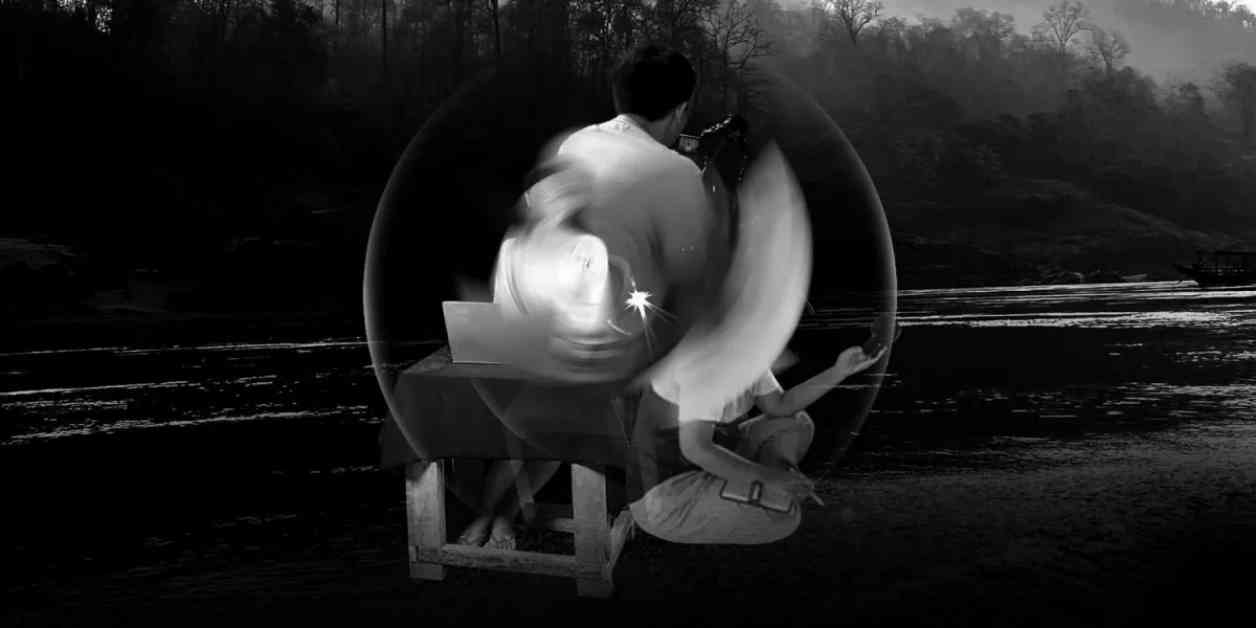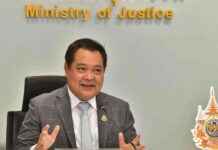Since the 2021 coup in Myanmar, the military junta has continued its campaign of repression against the country’s citizens. Among those targeted are independent journalists covering resistance groups. Many fled to Thailand, often illegally, and some have managed to legalize their immigration status by claiming to be migrant workers. However, these journalists are forced to keep their real occupations a secret. Women and LGBTQI+ journalists have faced significant risks while reporting in the field, dealing with sexual harassment, and the responsibility of caring for family members while displaced. They have also struggled to obtain legal status in Thailand and communicate with local sources.
Mee, a journalist with over 14 years of experience, fled Yangon to work covertly as a journalist in a border town in Thailand. Prior to the coup, she was able to report freely, but after the coup, strict censorship was imposed. Mee joined the resistance but continued to work underground in Myanmar. However, two years after the coup, she decided to flee to Thailand when military officers searched her neighborhood. To reside in Thailand legally, Mee spent over 50,000 baht on a student visa. She continues to work as a reporter while dealing with stress and mental health issues.
Kay Zue, an Arakanese journalist with over 10 years of experience, invested a small fortune on documents to move to Thailand after facing harassment in Myanmar. He now works as a freelancer hosting a radio program for Mizzima News. Kay Zue crossed the border illegally with his partner and is in the process of applying for a job in a factory. Despite the challenges, settling in Thailand has been a positive experience for the couple, who feel that Thai society is more open towards LGBTQI+ people.
Women journalists in Myanmar have chosen to embed themselves as field reporters in areas controlled by ethnic armed groups and resistance fighters. They face various constraints, including the difficulty of jungle life and safety concerns in a male-dominated environment. These journalists often suffer from mental health problems due to stress, and many use work as a tool to heal and overcome challenges. They have also faced instances of sexual harassment while reporting in the field.
In order to legally reside and work in Thailand, displaced journalists must possess valid temporary residence permits, personal identification documents, passports, visas, and work permits. However, they are not recognized as members of the press by the Thai state. Many journalists face challenges in obtaining the necessary paperwork and may experience harassment and mistreatment by authorities during the process. Despite these difficulties, many journalists continue to work in Thailand, striving to report on important issues and make their voices heard.




















